IOM chief shocked over sexual, gender-based violence in Myanmar
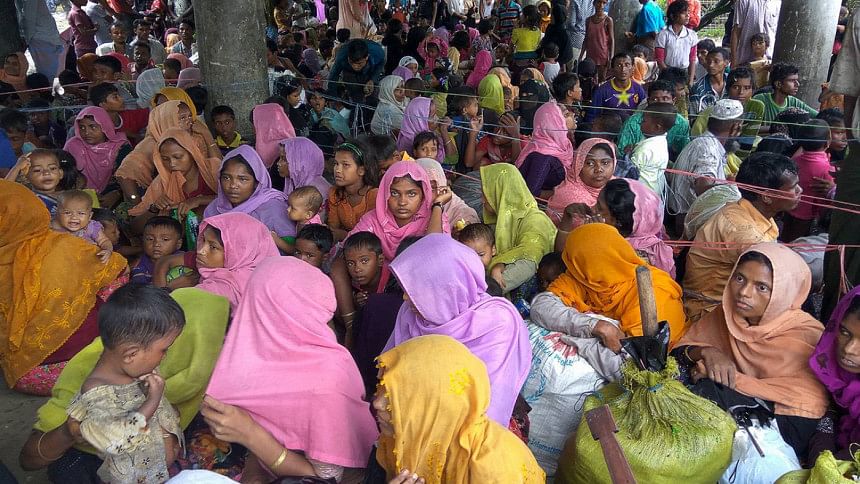
Director General of UN Migration Agency William Lacy Swing today said he is deeply shocked and concerned over the human rights abuse, sexual and gender-based violence against Rohingyas in Myanmar.
"Sexual and gender-based violence is a severe, life-threatening public health and human rights abuse and I am deeply shocked and concerned by reports we are receiving from new arrivals in Cox's Bazar," he said in a statement of the International Organization for Migration (IOM).
Particularly women and girls, but also men and boys, have been targeted for and are at risk of further exploitation, violence and abuse simply because of their gender, age and status in society, he said.
An estimated 480,000 Rohingya people have so far arrived in Cox's Bazar of Bangladesh since August 25 when violence broke out in Myanmar's Rakhine State.
Prior to this most recent influx, Rohingyas had been fleeing Rakhine state for years following various waves of insecurity, including approximately 74,000 people last October.
Gender-based violence has been recorded in needs assessments, fact finding missions and through the provision of life-saving services, according to IOM, which is providing urgent medical and psychological support to survivors.
Rape, sexual assault, domestic violence and child marriage, have been identified among other forms of gender-based violence, and require immediate, holistic responses from humanitarian actors, the IOM statement said.
Although the known number most likely represents only a small portion of actual cases, IOM doctors have treated dozens of women since August, who have experienced violent sexual assault.
Since October 2016, IOM has treated or received reports from hundreds of Rohingya women and some men.
"IOM is supporting survivors but I cannot emphasize enough that attempting to understand the scale of gender-based violence through known case numbers alone is impossible. This type of egregious violence and abuse is under-reported even in the best resourced and most stable settings worldwide," Swing said.
"In crises like this, where usual social systems and protections are no longer in place, many barriers stand in the way of survivors seeking support," he also said, adding that IOM staff are working to break down these barriers and get to those who are most in need.

 For all latest news, follow The Daily Star's Google News channel.
For all latest news, follow The Daily Star's Google News channel. 

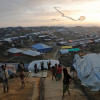
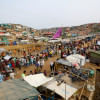
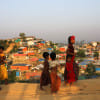
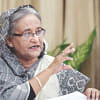
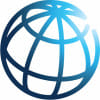


Comments